SHORT TAKES
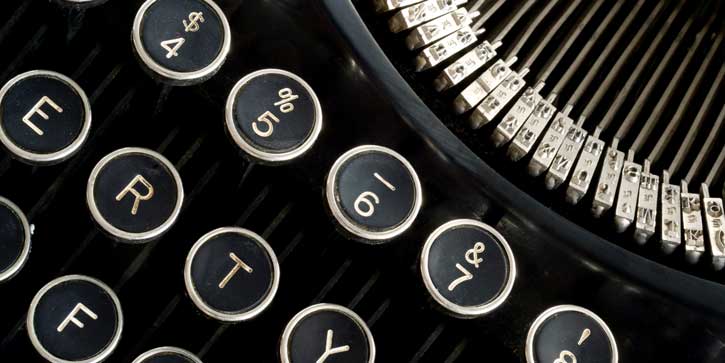
Signing off
It’s hard to grasp. What began as a brainstorm to write one article about why good writing matters took on a life of its own as Short Takes, in first quarterly, then bi-monthly, and finally monthly issues over almost nine yearsRead More >

A new direction
Today is a big day for me because it’s time to let you know that I will be ending Short Takes, in its current form, with my next and 70th article on February 4, 2025.Read More >

The power of writing
This fall I met with Gloucester High School seniors to discuss their college essays. I was excited, and a little worried. I Wondered if I was qualified to help them with such an important taskRead More >
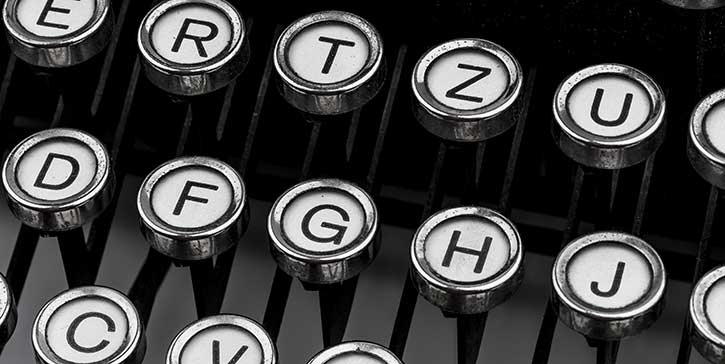
The real experts
I’m guessing we all agree that citing experts such as scientists, academics, or community leaders strengthens our proposals to donors.Read More >

Creative writing
Many fundraising documents require strict attention to guidelines, word limits, and, of course, deadlines. It can be hard to be creative.Read More >
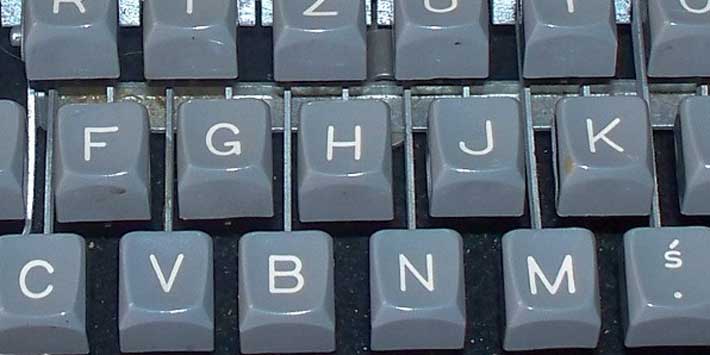
Italics
Recently I picked up a book of poetry I’ve been meaning to read. I flipped through the pages and then back to the introduction. There I found, to my horror, that the entire four-page, single-spaced introduction was printed in italics! Huge groan.Read More >

Daydreaming
Summer is the perfect time of year for daydreaming. Warm weather, time off, a change in routine, or even making coffee on a summer day can be conducive to contemplation. It’s an opportunity I relish.Read More >
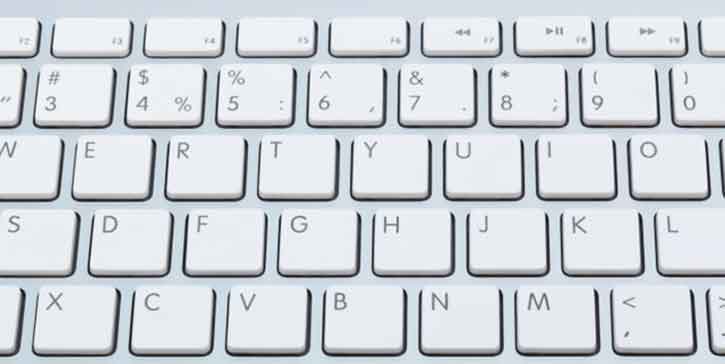
Everyone can make the pitch
In my first job I ran a program for teens at an organization with a broader agenda. I knew how to promote my program, but not how to present, or actually pitch, the entire organization to the community partners I worked with. Looking back, there were missed opportunities.Read More >
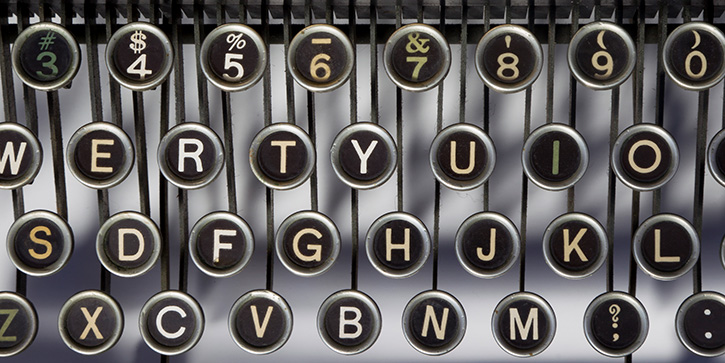
Time well spent
You would think a proposal, or a case for support, or a letter to a donor should be a simple process. Sometimes it is. However, depending on, for example, the number or availability of reviewers, or the timetable, the reverse can be true. Planning ahead can help.Read More >

Storytelling
As proposal writers, we tell stories about people and communities, the challenges they face, and how we can help.Read More >

Doodling
I started by looking for definitions of doodling. I found two that I like: “an aimless or casual scribble, design, or sketch” (Merriam Webster), and “to draw or scrawl aimlessly” (The Oxford English Dictionary). Aimlessness seems important to doodling.Read More >

The case for support – Part two
I’m revisiting "The case for support", which I first wrote about in 2020, in order to share what I learned from a recent survey about these useful documents.Read More >

Listening
Writing creatively can enliven the seemingly endless parade of proposals, strategic plans, and other documents we prepare for donors; spark curiosity among your readers; and help secure commitment to your programs.Read More >

Words
I love words, how they sound, ways to put them together, words that get our attention, and how we can use them creatively to make a point. Though I’ve written about words before, the topic seems worthy of renewed attention.Read More >

Interviewing
Fundraising often involves writing proposals (or letters to donors, or cases for support). Information from existing documents such as reports, grants, or online resources can help us get started.Read More >

Thinking and writing (part 2)
One morning I looked out the window and saw a yellow leaf, seemingly unattached yet suspended from a tree in my backyard. It spun like a spiral mobile in the slight breeze, held in place as if by magic.Read More >

Thinking and Writing
It goes without saying: writing involves thinking. But what do the experts say about thinking and writing, and can their ideas help improve our writing?Read More >

Art and writing
I love to write and I love to see art. I wondered if it was an inspired, or wacky idea to put them together in a Short Takes article.Read More >

Writing is for everyone
In summer, longer days, being outside, reading novels, relaxing with people we know and those we meet, and even glasses of lemonade can prompt new ideas and the motivation to write about them.Read More >

Good proposal writing. What it takes, why it matters.
Almost exactly seven years ago I wrote my first Short Takes article, Good Writing Matters: Making the Case for Quality. In it I considered approaches for stand-out fundraising documents.Read More >

The exclamation point
I’m delighted to write about the exclamation point! This grammatical wonder is a handy tool that can enhance fundraising and other documents, when used strategically.Read More >

50 Articles
On May 2, 2016, I circulated my first Short Takes article: Good writing matters: Making the case for quality. I began with quarterly, then bi-monthly, and, since February 2021, monthly articles. My favorite article is Postcards, because these compact missives promote brevity and are fun to both send and receive.Read More >

Writing process
I’ve been procrastinating. Instead of starting my work day, I’ve been watching the snow fall. So, it seems like a good day to write about writing process. Perhaps if I was more deliberate, I would be writing by now. Or, maybe looking out the window is part of my process.Read More >

The Cover Letter
After spending what can be enormous amounts of time writing an important document such as a report or proposal, one last step remains—the cover letter. Understandably, you might be tempted to approach this as a quick final task, maybe even an afterthought.Read More >

Team Writing
Early on, my image of proposal writing was: me, sitting at my desk, drafting, editing, re-writing, more (and more) editing, and finally a finished product. Though I always work with at least one other person to produce a document, I still viewed writing as a solitary activity. The reality is very different, thank goodness.Read More >

Turn On The Music
I’ve loved music since I was a little girl, when I pounded out tunes on our family’s old upright piano. My piano teacher, Mrs. Plumley, taught me about rhythm by bending over and swinging her arms back and forth, and insisting I do the same.Read More >

A bad start is the best start
This may sound familiar. You have an important writing assignment and no idea where to start. Your desk is piled high with reports, publications, meeting notes, and data, and your computer is cluttered with windows open to multiple websites. Instead of sparking your imagination, it sets your nerves on edge.Read More >
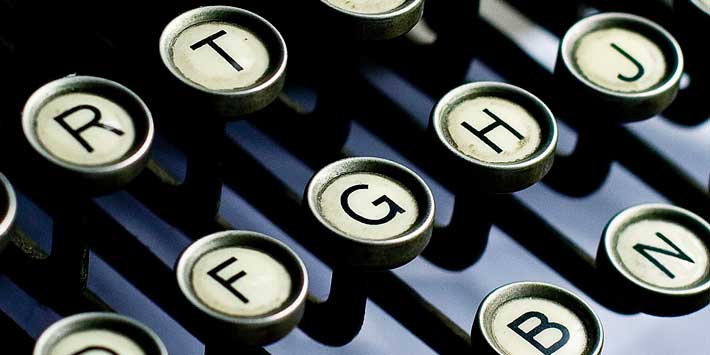
Write from the heart
When writing for donors, our focus on proposal requirements can get in the way of describing what drives programs and inspires new directions. Words that convey emotions may move the reader to give your document a second look. Here’s what I’ve tried.Read More >

Proposals and Poetry
I’m a latecomer to poetry. Recently I had some help. My son and daughter-in-law gave me a subscription to Master Class, online lessons taught by well-known professionals. I opened the site and up popped a series by poet Billy Collins. I started listening.Read More >

Postcards
It’s the time of year when many of us are on the road. Often our summer vacations involve writing postcards. Or we think we should write postcards, and the task hovers over us during languid afternoons on the beach or strenuous mornings on the trail.Read More >

Synthesizing
This article is about big writing projects – the ones that are important, strategic, and usually due on short notice…the ones we nevertheless put off for as long as possible.Read More >
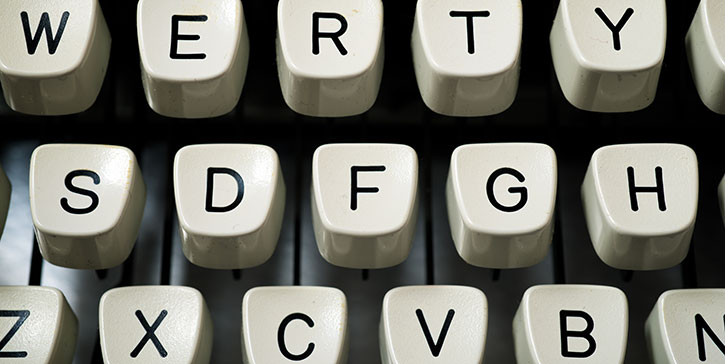
White Space
I’ve considered writing about white space for a while. I thought it might be useful. I never dreamed it would be so much fun.Read More >

Ideas
In a prior Short Take I wrote about articulating big ideas. It’s one of my favorite kinds of writing. But how do we come up with good ideas in the first place? For those of us who write documents for donors, it’s a fundamental question.Read More >

Strategic Documents
As writers, we have opportunities to influence the thinking of people who make decisions about the futures of institutions and communities. Strong strategic documents align the world within your organization with the community you serve, and challenge the reader to consider connections beyond immediate needs to broader social change.Read More >

Reading and writing
Any time of year is a good time for reading, but winter in New England presents a perfect opportunity to explore the pile-up of books and magazines many of us have on our bedside tables. Since I love to read, this almost makes me like winter.Read More >

Team Writing
Early on, my image of proposal writing was: me, sitting at my desk, drafting, editing, re-writing, more (and more) editing, and finally a finished product. Though I always work with at least one other person to produce a document, I still viewed writing as a solitary activity. The reality is very different, thank goodness.Read More >
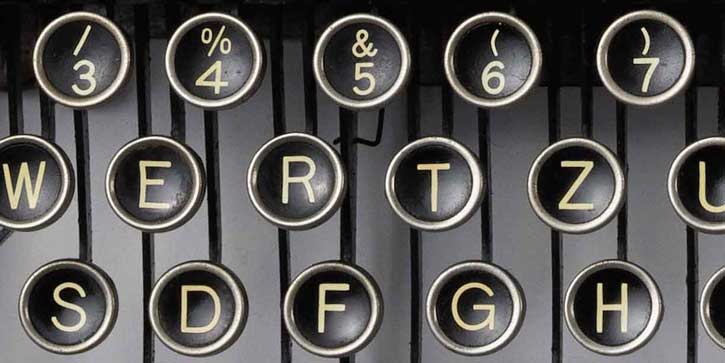
The Project Plan
When it comes to big writing projects – from federal grants to complex foundation proposals – a simple, coherent plan can help you get the job done, done better, and done on time.Read More >

Penmanship
In second grade I got As in penmanship. Now, my handwriting is a mess. It’s been bothering me for a while, but there never seemed to be a reason to do anything about it.Read More >

Keep it short
I spend a lot of time thinking about brevity in writing. Many of my projects have word limits so keeping it short is an essential skill. More important, I like the impact of a tightly written document.Read More >

Equity in Writing
Change is not easy, but it’s necessary. I’ve been thinking about equity in writing, especially in grant writing. As seekers of funds and educators about our programs, we have an opportunity—and an obligation—to think carefully about the words we use.Read More >

Deadlines
Recently I read an article by Rachel Syme in the New Yorker about deadlines, and I knew I had the topic for my next article. It’s amazing to me that I haven’t written about this topic before now. In our business, deadlines are part of daily life. Sometimes they become part of our personal lives.Read More >

Post-its
I’ve been thinking about Post-its lately, (or, as I like to call them, “stickies”). Frankly, I can’t live without them. But I just glanced at the mass of Post-its stuck on top of my calendar and I have to face the facts: I’ve got a Post-it problem.Read More >

Lyrical writing
From a young age, I studied piano and sang in various groups. Now, as a writer, I realize that when a proposal or other document – or even just a sentence – has a lyrical quality, it’s enjoyable to read. It can help simplify, clarify, and strengthen your case for support.Read More >

Feedback
The first grant I wrote, long before I started my writing business, was to the MA Department of Public Health for funds to start a program for survivors of domestic violence at Brigham and Women's Hospital. I wrote the draft with a colleague and sent it to my boss for review. He returned it, covered in red ink.Read More >

Especially for young people: A case for writing.
We might feel good one day and down the next. Happy in the morning, despairing in the afternoon. Or the middle of the night. Writing can help get what’s inside of you outside. And that can make you feel better. Even if it’s just a little bit. It can help you get to tomorrow. And the day after.Read More >

Writing a federal grant (and others like it)
There’s no getting around it: If you’re writing a federal grant you can count on a huge, unwieldy grant writing process. The same is true with state or foundation grants, or any large proposal requiring lots of information that's due soon.Read More >

Concentration
Of the many writing skills available to us, concentration is one of the most important. It can also be one of the most challenging. It’s worth considering what helps us focus. Concentration boosts quality.Read More >

Writer’s Block
It would be terrific if we could always finish a proposal, report, or other writing project in the time we set aside for it. Unfortunately, it doesn’t always work that way.Read More >

Long Shots
Should we, or shouldn’t we? You’re probably familiar with the long shot, a highly competitive proposal that causes you to wonder, should we go for it? You have options.Read More >

A tribute and a lesson
On hearing of the loss of Ruth Bader Ginsburg, I read about her vast accomplishments with awe and gratitude. I wondered how we would go on without her.Read More >

Proofreading
I have to admit, this is one of my least favorite topics. But when it comes to writing, especially high stakes writing, proofreading can be consequential. In stiff competitions for funding, reviewers look for reasons to narrow the field of applicants; a typo could be it. Furthermore, your proposal is a reflection of your entire organization; typos aren’t professional. And, let’s be frank: typos can be just plain embarrassing.Read More >

Tell it like it is
Back in the saddleWriting my Short Tips series was a valuable experience. I learned to say what I want to say in fewer words, less time, and with greater focus. Such strategies are important in these times when we are bombarded by even more information that we ever were before.
Read More >

Working from home
More people are working from home in these disconcerting times. Telecommuting is handy, but staying productive and connected can be difficult. Time to set up shop.
Here are twelve things can help boost productivity:
Read More >

The Case for Support
The short case statementFundraising professionals are thinking more creatively about case statements. They realize there’s a place for a brief document to introduce your organization, campaign, or program to your donors. It’s a positive trend.
Read More >

There’s more to good writing than good writing
Writing a proposal that gets and keeps the attention of busy donors is hard. Creating the conditions for stand-out proposals—or case statements, reports, or letters to donors—can help you work more efficiently and produce stronger, more competitive documents.
Here’s what helps me get started and keep going.
Read More >

The Third ‘C’
We’ve probably all received advice about how to make our donor documents clear, concise, and compelling. All three are important to successful proposals. In prior Short Takes I’ve discussed the first two ‘Cs’, but I haven’t said much about the third one - compelling. Possibly it’s the most important.Read More >
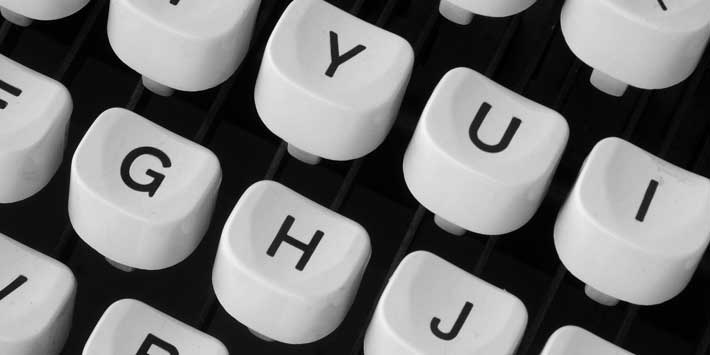
The sustainability question
It’s not easyWriting this article was challenging. I shouldn’t be surprised. Sustaining programs after the grant ends is hard. Convincing funders you can do it may be harder.
The sustainability question in grant applications gets to the heart of the donor-grantee relationship.
Read More >

Lessons Learned
A milestoneFifteen years ago this month I started my business. Since then I’ve been privileged to work with many of you, and have benefited from the wisdom, talent, and ingenuity of everyone on this mailing list. Thank you.
To celebrate the occasion, I’d like to share some of the lessons I’ve learned about writing for donors.
Read More >

Versatility
A few years ago I moved into a small carriage house, where I have learned the value of versatility. My coffee table is an old bench, which doubles as additional dining room seating when needed.Writing is like that. It’s a handy tool that takes different forms for multiple purposes. In prior Short Takes I’ve written about email, talking points, and thank you notes.
Read More >
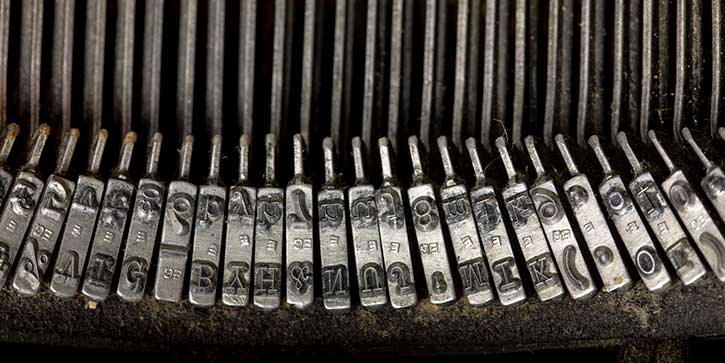
Keep it short: The case for brevity
I’m a proponent of brevity in writing. Tightly written proposals reflect the care and attention you took to get to the point. They can be lyrical and enjoyable to read, while succinctly delivering your message. Keeping it short is a useful process that gets results.Read More >

The bread and butter letter
I’ve been looking forward to writing this article. My motivation is the lesson I learned from my mother about the bread and butter letter. This short, handwritten thank you note is sent, she insisted, within 24 hours of visiting, or receiving a gift from a relative or friend.Read More >

Big Ideas
This article is about one of my favorite topics.
I believe in big ideas. They imagine a world without conflict, cures for cancer, a stable planet, and equity in education. Big ideas inspire vision and shape programs that drive progress. They excite your supporters about possibilities for making the world a better place.Read More >
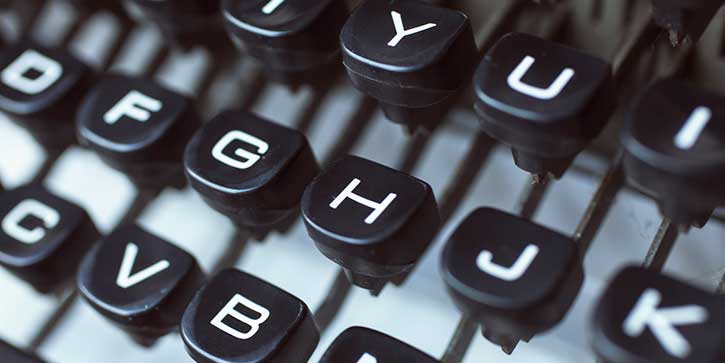
Keeping your cool when you’re under the gun
Let’s face it. Writing proposals can be arduous. From enormous federal grants to two-page letters of intent, these projects can be hair-raising if they have impossible deadlines, require massive amounts of information in small amounts of space, or need review by persnickety readers at your organization.Read More >

Words Matter
Without words there are no proposals, reports, letters to donors, or emails that form the string of communication leading to the big gift.
Good words can help you make your case. They don’t have to be fancy, and they shouldn’t be complex or require a dictionary. (I’ve seen it.) A well-timed, well-placed word can:Read More >

Get going and don’t get stuck!
Many of us face the prospect of writing a proposal, report, or other important document with trepidation, and maybe even dread.
Don’t! These projects are an outstanding opportunity to present your programs and new ideas with pride and confidence about how to do more and do it better. A positive approach can help you get—and keep—the ball rolling.Read More >
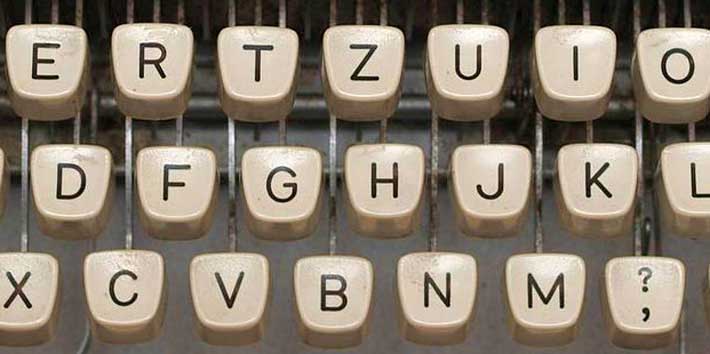
Stay focused with talking points
While Short Takes articles focus primarily on aspects of writing for donors, there are times when we have the chance to make the case for our programs directly to an audience. Unfortunately, we don’t always make the best use of our time. Talking points can help. Here’s what I mean.Read More >

Get serious about email!
Writing email is such a ubiquitous part of daily life that I almost didn't think of it as a Short Takes topic. However email’s outsize role in business and personal communication makes it worth the attention. Email is a big deal.
The caseTake the time to write effective emails:
Read More >

The Good News About Character Limits
Somewhere along the way I learned to appreciate character limits.
Just so we’re all on the same page, character limits are those pesky restrictions on the number of characters, or words in the case of word limits, many funders impose on proposal narratives. They seem to get shorter and shorter, causing growing frustration and even panic among grant writers.Read More >
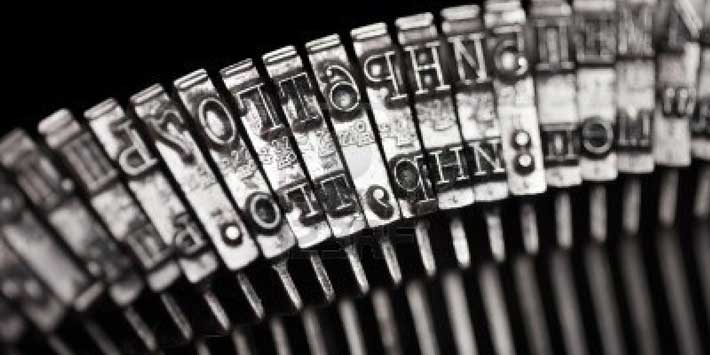
The Home Stretch: Editing Your Proposal
Whew—Your proposal is drafted so it’s almost ready to go!
There’s just one more step. Once you have a strong first draft the next phase of creating an outstanding proposal begins—editing.
Read More >

Good proposal writing: Get to the point to get attention
Anyone can write a proposal, right? That’s true.I can write it today and submit it tomorrow, right? Also true, but you may risk quality.
It doesn’t really matter how well it’s written, right? Wrong! I’ve actually heard this!
Read More >

Good Writing Matters: Making the Case for Quality
You’ve got a proposal deadline, and you’ve been procrastinating. You had every intention of starting this project earlier, but each day other priorities surfaced. You’re fairly confident of your funder, a former donor who has expressed interest in funding your organization again. So you’re not too worried about submitting a fsdfsRead More >
